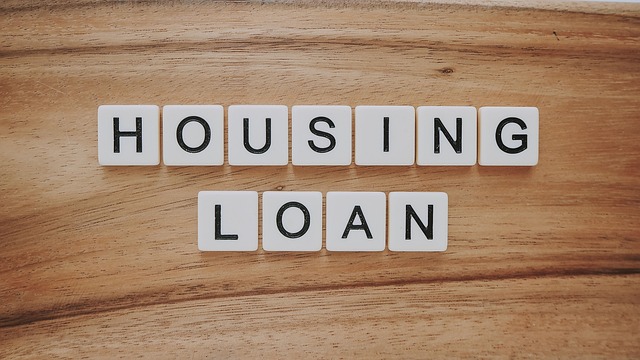In real estate, a strong credit score (300-850) opens doors to better mortgage terms like lower interest rates and larger loan amounts, making homeownership more accessible. Conversely, low scores lead to stricter criteria, complicating the process. To improve your creditworthiness, review your report for errors, make timely payments, and reduce debt, building a history of responsible borrowing over time.
Your credit score is more than just a number—it’s your key to accessing favorable real estate deals. In today’s market, lenders closely scrutinize credit scores to determine mortgage rates and loan terms, significantly impacting your ability to buy or sell property. This article delves into the intricate relationship between credit scores and real estate, providing insights on how to navigate this landscape for successful transactions. By understanding these dynamics, you can gain leverage in the market and secure better conditions for your next big purchase.
How Credit Scores Impact Mortgage Rates and Loan Terms in Real Estate

In the realm of real estate, a credit score acts as a pivotal factor in determining mortgage rates and loan terms for prospective homebuyers. This numerical assessment, ranging from 300 to 850, reflects an individual’s borrowing history and financial responsibility. A higher credit score typically translates to more favorable conditions, including lower interest rates, which can save significant amounts over the life of a loan. Lenders view borrowers with robust credit scores as less risky, allowing them to offer competitive terms that make homeownership more accessible and financially attractive.
On the contrary, borrowers with lower credit scores may face stricter lending criteria. Higher-risk profiles often result in higher interest rates, larger down payment requirements, and shorter loan tenures. These factors can complicate the real estate journey, making it more expensive and less flexible. Therefore, maintaining a strong credit score is a strategic move for anyone aiming to navigate the real estate market with ease and secure the best possible terms on mortgages and loans.
Understanding the Connection Between Credit and Property Buying Power

Your credit score plays a pivotal role in shaping your property buying power in the real estate market. It’s a crucial indicator of financial reliability and trustworthiness, which directly impacts the terms offered by lenders. A strong credit score can open doors to favorable interest rates, larger loan amounts, and more flexible repayment options—all essential factors that enhance your ability to secure and afford your dream home.
Lenders consider a credit score a key measure when assessing mortgage applications. The higher your score, the more likely you are to gain access to competitive rates and terms, making property ownership more accessible and financially feasible. Conversely, a low credit score might limit your options, leading to less favorable loan conditions that could extend the time it takes to achieve homeownership or increase the overall cost of purchasing real estate.
Strategies to Improve Your Credit Score for Favorable Real Estate Deals

A strong credit score can significantly enhance your chances of securing favorable terms when purchasing real estate. Here are some effective strategies to boost your creditworthiness and position yourself for better deals in the competitive market. Firstly, understand your credit report and score; review it regularly to identify any discrepancies or errors that may be dragging down your rating. You have the right to dispute inaccurate information with credit bureaus.
Additionally, make timely payments on all bills, especially mortgage and rental payments, as these contribute significantly to your overall creditworthiness. Consider paying more than the minimum due each month to reduce outstanding debt faster. Building a solid history of responsible borrowing and repayment is key to improving your credit score over time.






